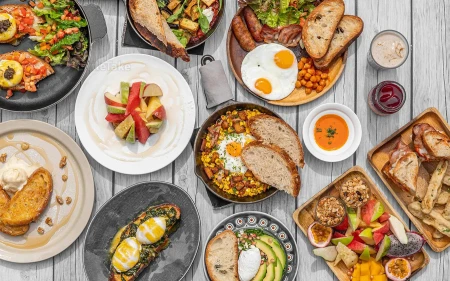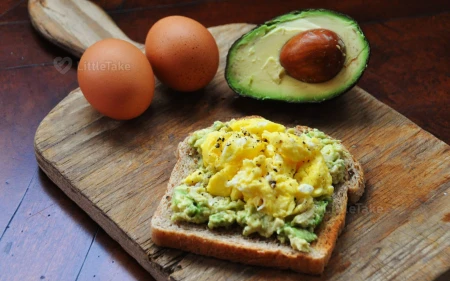
The Impact of Alcohol on Weight Loss
While enjoying a drink occasionally may not derail your weight loss efforts, it's essential to understand how alcohol can impact your progress. Here are some ways alcohol can affect weight loss:
1. Extra Calories
Alcohol is calorie-dense, with 7 calories per gram. Additionally, mixed drinks often contain sugary mixers, which can significantly increase the calorie count.
2. Lowered Inhibition
Alcohol can lower your inhibitions, making it more likely for you to make poor food choices or overeat.
3. Impact on Metabolism
Alcohol can temporarily slow down your metabolism, as your body prioritizes breaking down and processing the alcohol over burning fat.
4. Impaired Recovery
Alcohol consumption can negatively impact your body's ability to recover from exercise, which may hinder your progress in the gym.
5. Sleep Disruption
Alcohol can disrupt your sleep patterns, leading to poor sleep quality. Inadequate sleep can impact weight loss by affecting hunger hormones, energy levels, and metabolism.
If you choose to consume alcohol while trying to lose weight, consider the following tips:
- Opt for lower-calorie alcoholic beverages, such as wine or spirits with zero-calorie mixers.
- Practice moderation and avoid binge drinking.
- Stay mindful of your food choices while drinking.
- Ensure you're still meeting your nutritional needs and maintaining a calorie deficit.


















